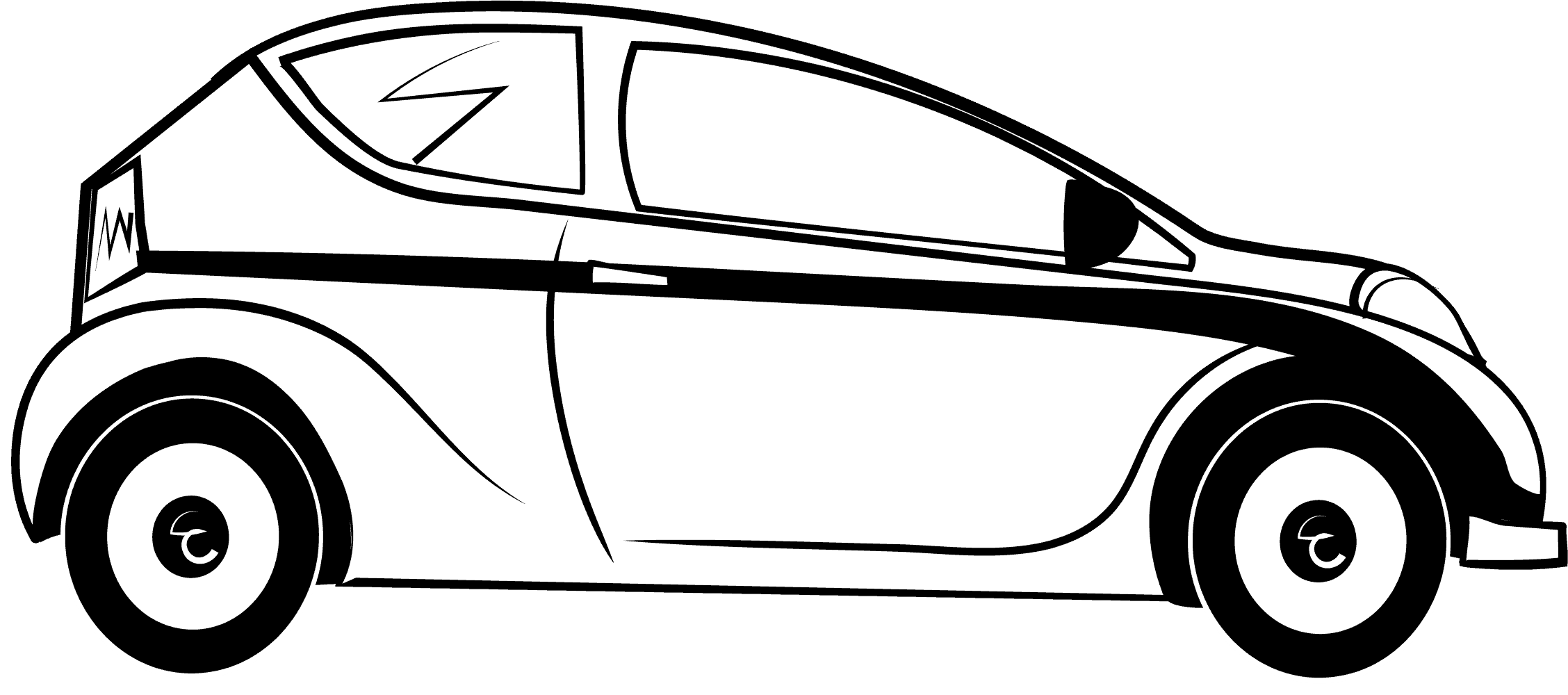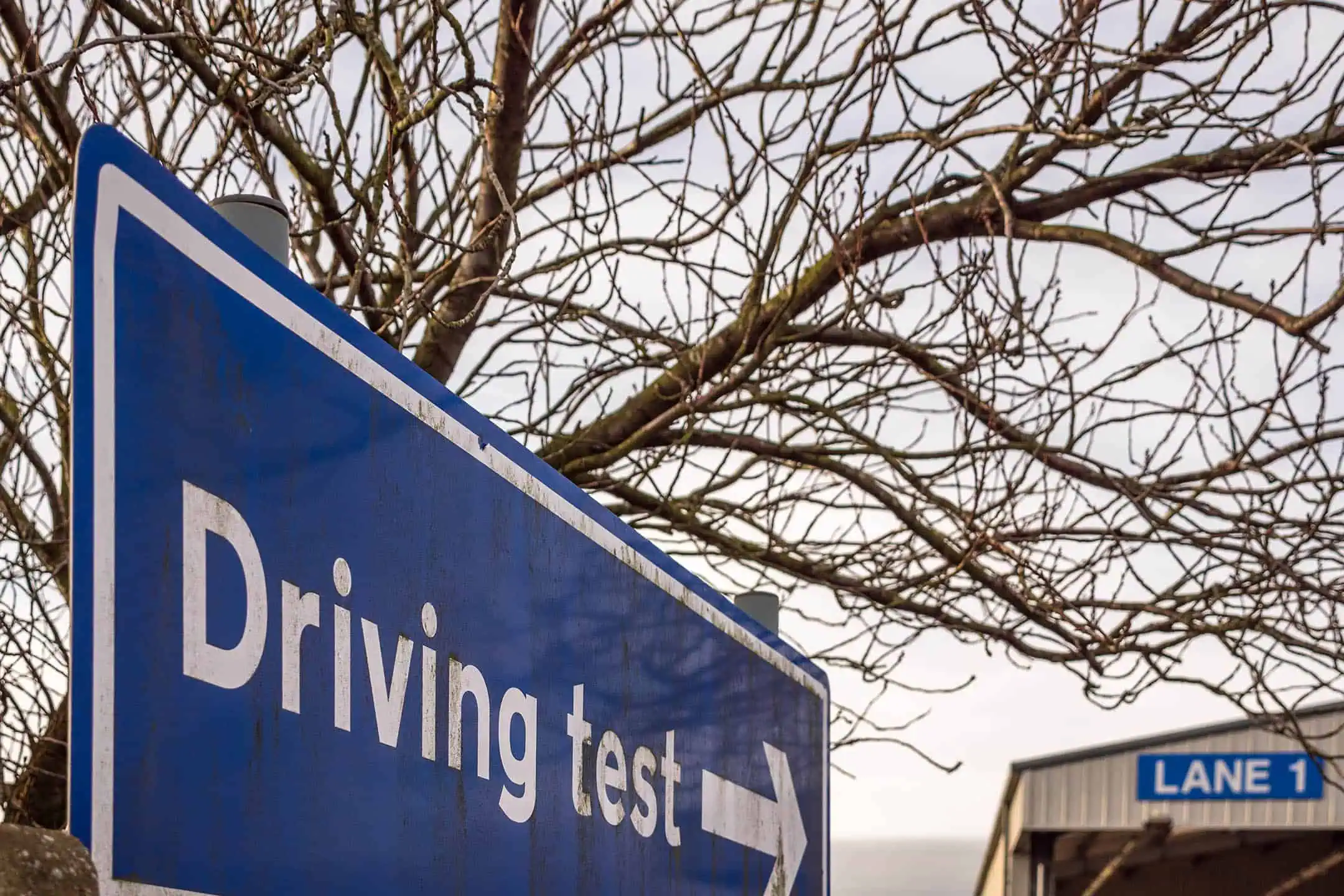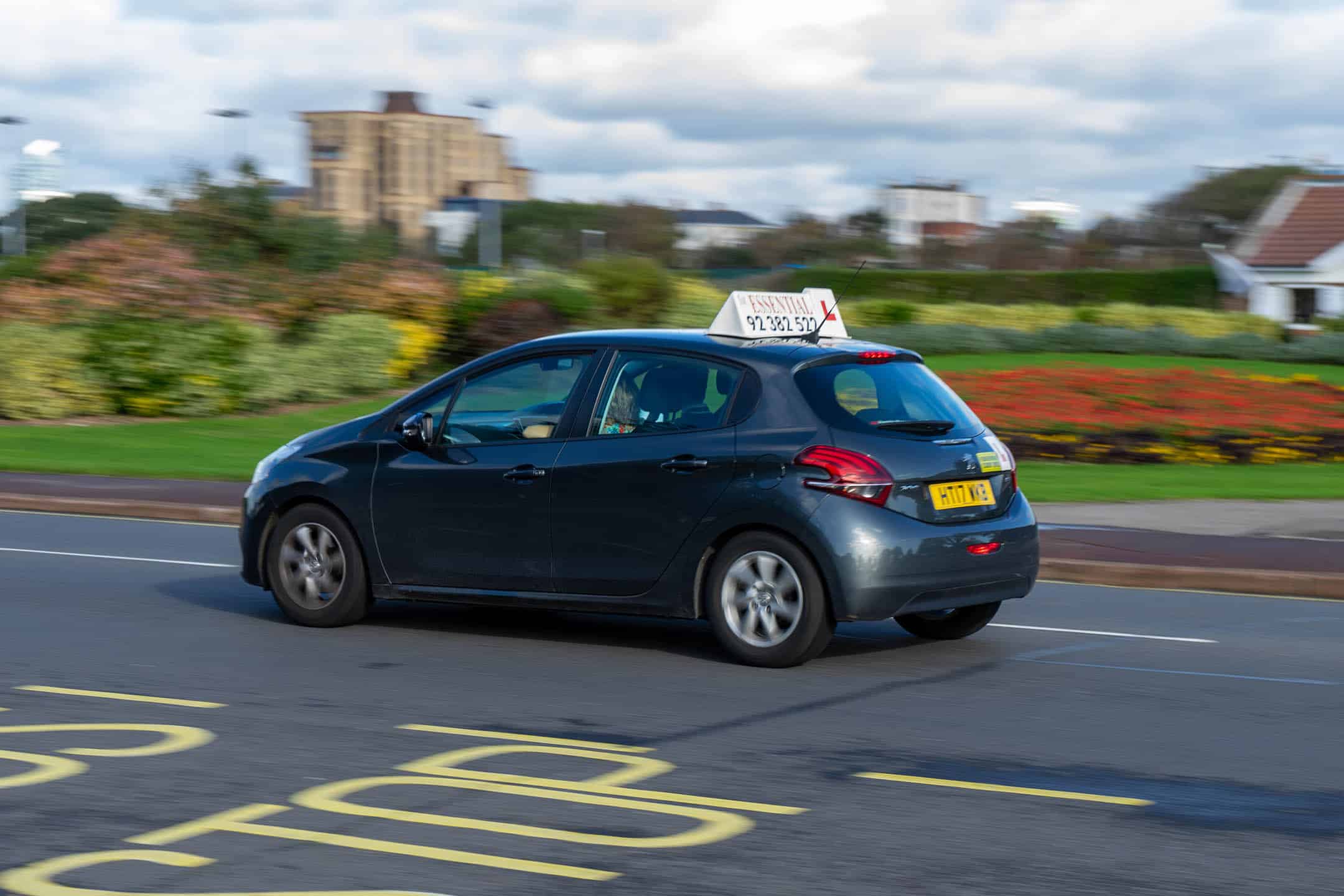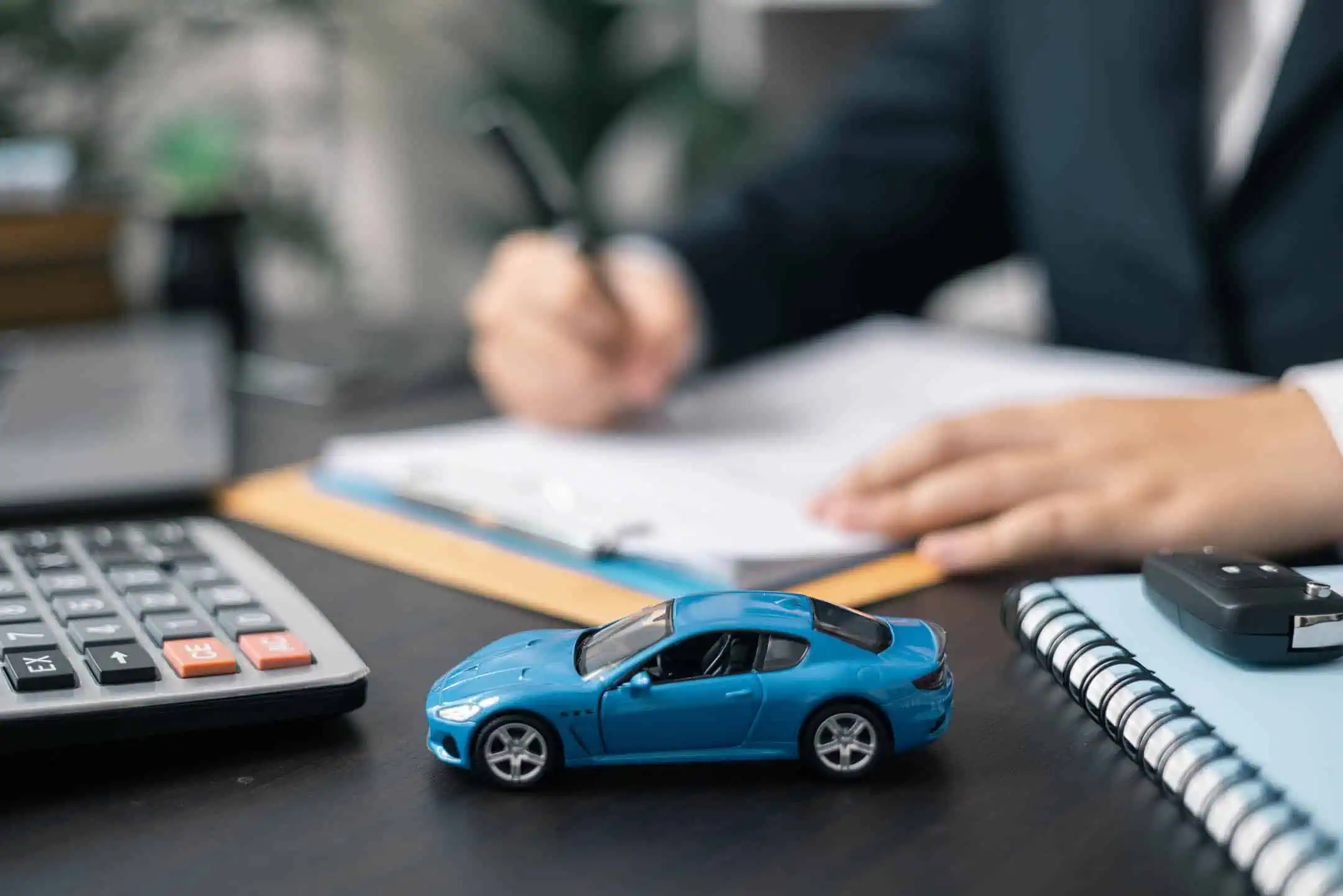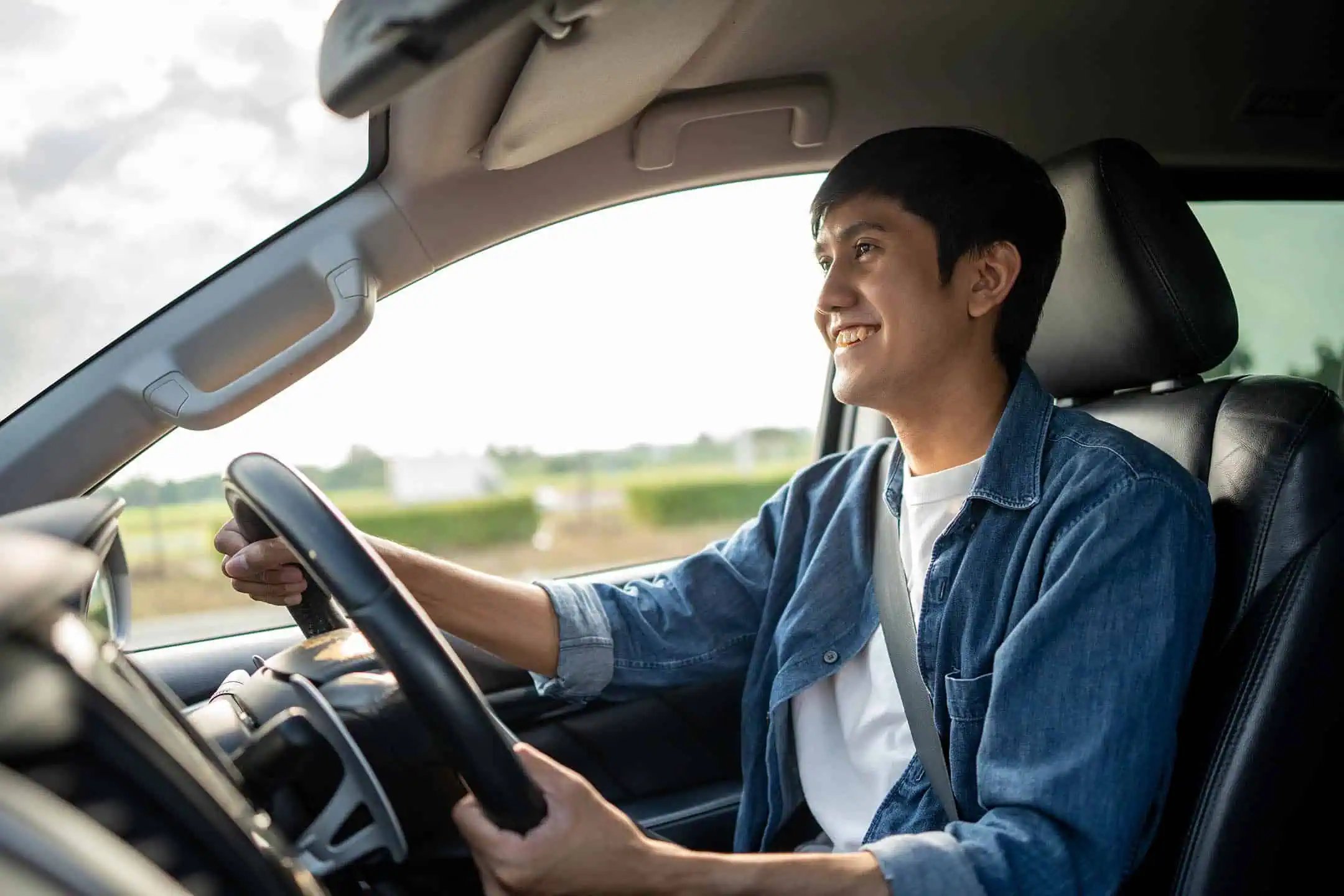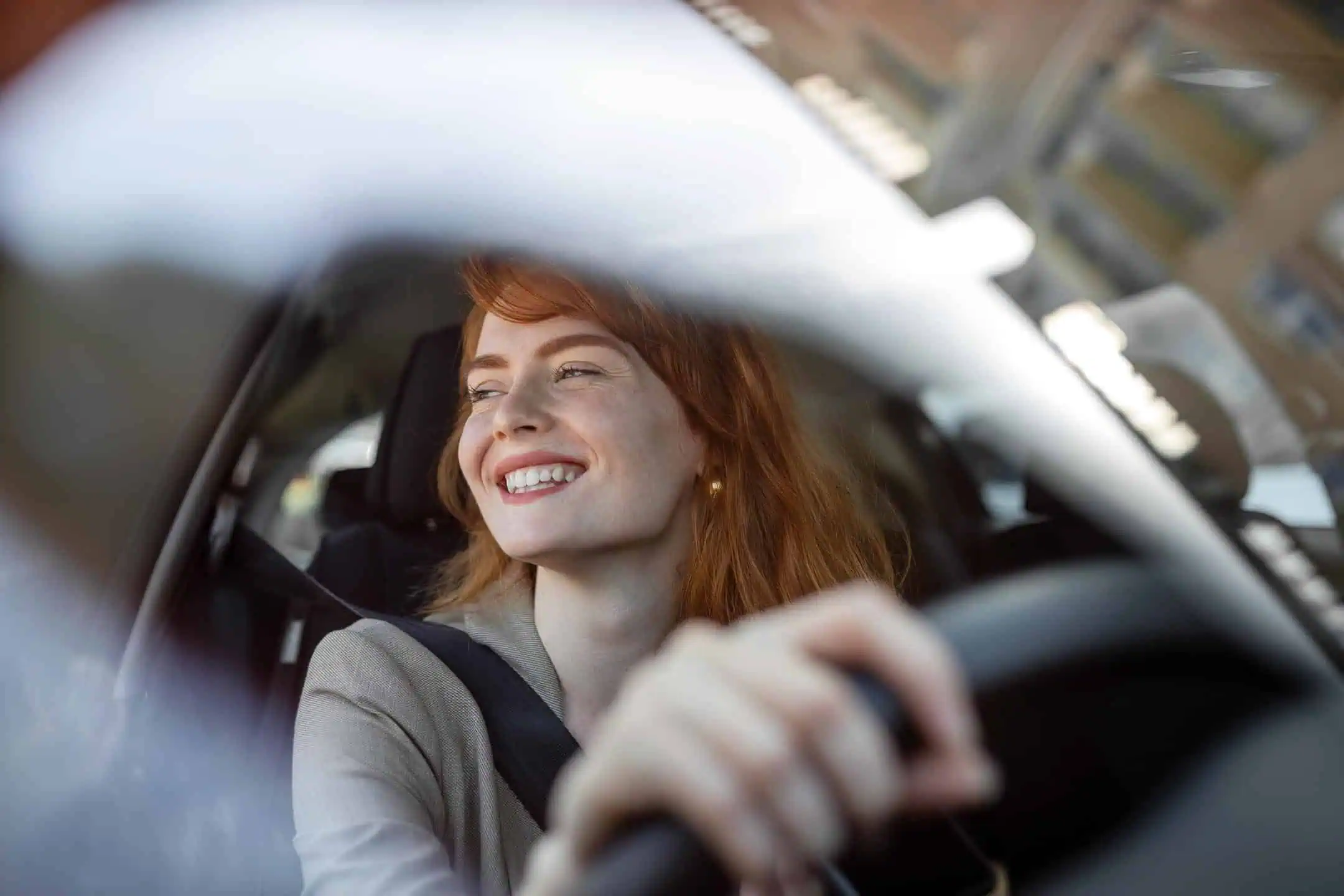
Learning to Drive

Before
Lessons
Tests
Passed
Learning Menu
Learning to drive UK
Learning to drive is a big deal — it’s your first real freedom. Whether you’re dreaming of road trips with mates or just being done with the mum-and-dad taxi service, there’s a lot to think about.
Questions like: How many lessons will I need? How much will it cost? How fast can I pass? You’re not the only one wondering — and that’s where we come in.
This guide covers everything you need to get on the road and pass your test, one step at a time.
Trusted info from Gov.UK
Learning to drive can feel like a lot — but you’re in the right place. This guide brings together everything you need to know, with clear advice and direct links to official Gov.UK pages. From the DVSA (who run the theory and driving tests) to the DVLA (who issue your licence), we break it all down so it’s easy to understand and act on.
Apply for your provisional driving licence
You can apply for a provisional licence at 15 years and 9 months old, but it only becomes valid when you are 16.
How much is a provisional licence in the UK?
- £34 Online.
- £43 By post.
- £62.50 Northern Ireland (online and post).
With a provisional licence you can:
• At 16 learn to ride a moped or quad bike.
• At 17 start learning to drive a car.
• If you’re claiming the enhanced rate of the mobility component of Personal Independence Payment (PIP). You can take your driving test from the age of 16.
Only use the official Gov.UK websites
Important: Only the DVLA and DVSA provide official services like applying for your provisional licence and booking your theory and practical tests. Some third-party sites charge way more and push extra services you don’t need. Stick to Gov.UK to stay safe.
Apply @ Gov.UK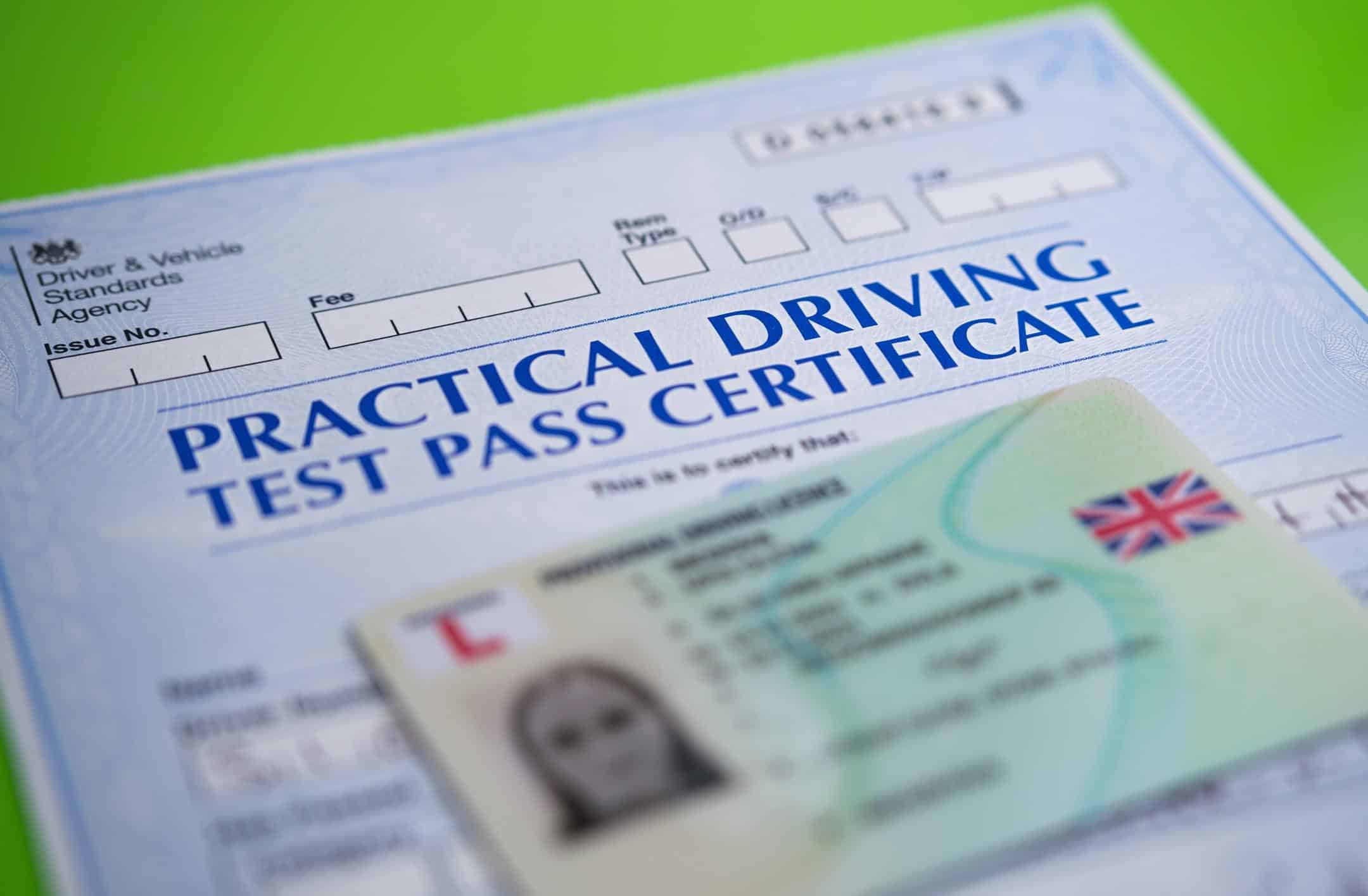
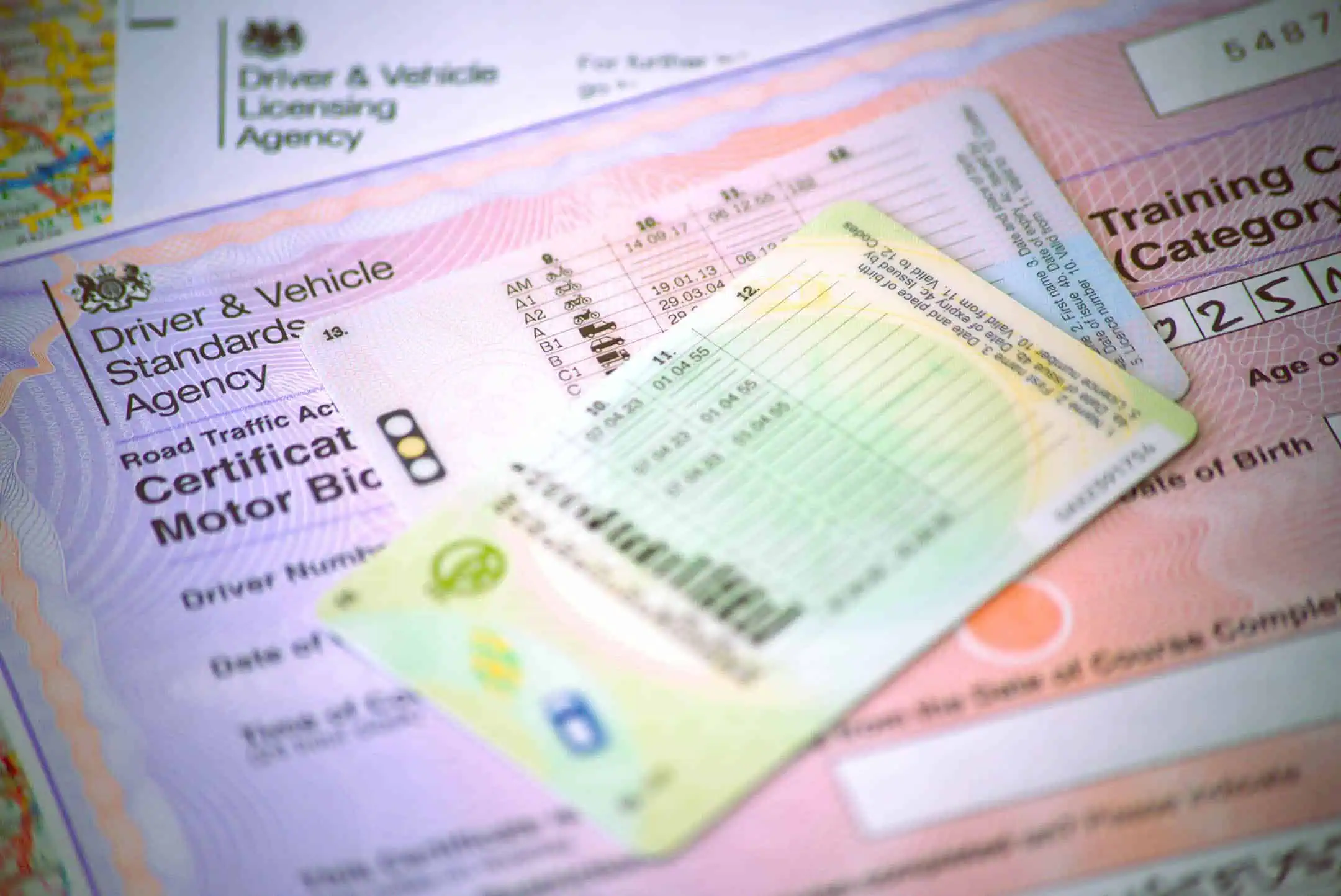
What do you need to apply for a provisional licence?
Eyesight
You must be able to read a number plate from 20 meters, including with the aid of glasses if needed.
Address
Addresses where you’ve lived for up to the last 3 years.
UK citizen ID
Your UK passport, if you have one (either current or expired within the past 12 months.
Non UK citizen ID
Non UK citizen, you’ll need the identity document you use to sign in to your UK Visas and Immigration (UKVI) account.
N I Number
You may be asked for your National Insurance number.
Credit or debit card
It costs £34 to apply online. You can pay by MasterCard, Visa, Electron or Delta debit or credit card.
How long will my provisional licence take to arrive?
You’ll get a confirmation email from DVLA after you’ve applied.
If you apply online, your Provisional licence arrives in about one week. However, it may take longer if the DVLA needs to make additional checks.
While you wait, start revising for your theory driving test
Start revising for your theory test early — most people fail simply because they’re not prepared. A bit of effort now means you’ll feel calm, confident, and ready when test day comes around.
Want to know more?
Need help with your provisional licence? Check out our dedicated page including how to apply, what ID you’ll need, and how to track your application — whether you're in the UK, Northern Ireland, or applying as a foreign national.
Provisional licence guide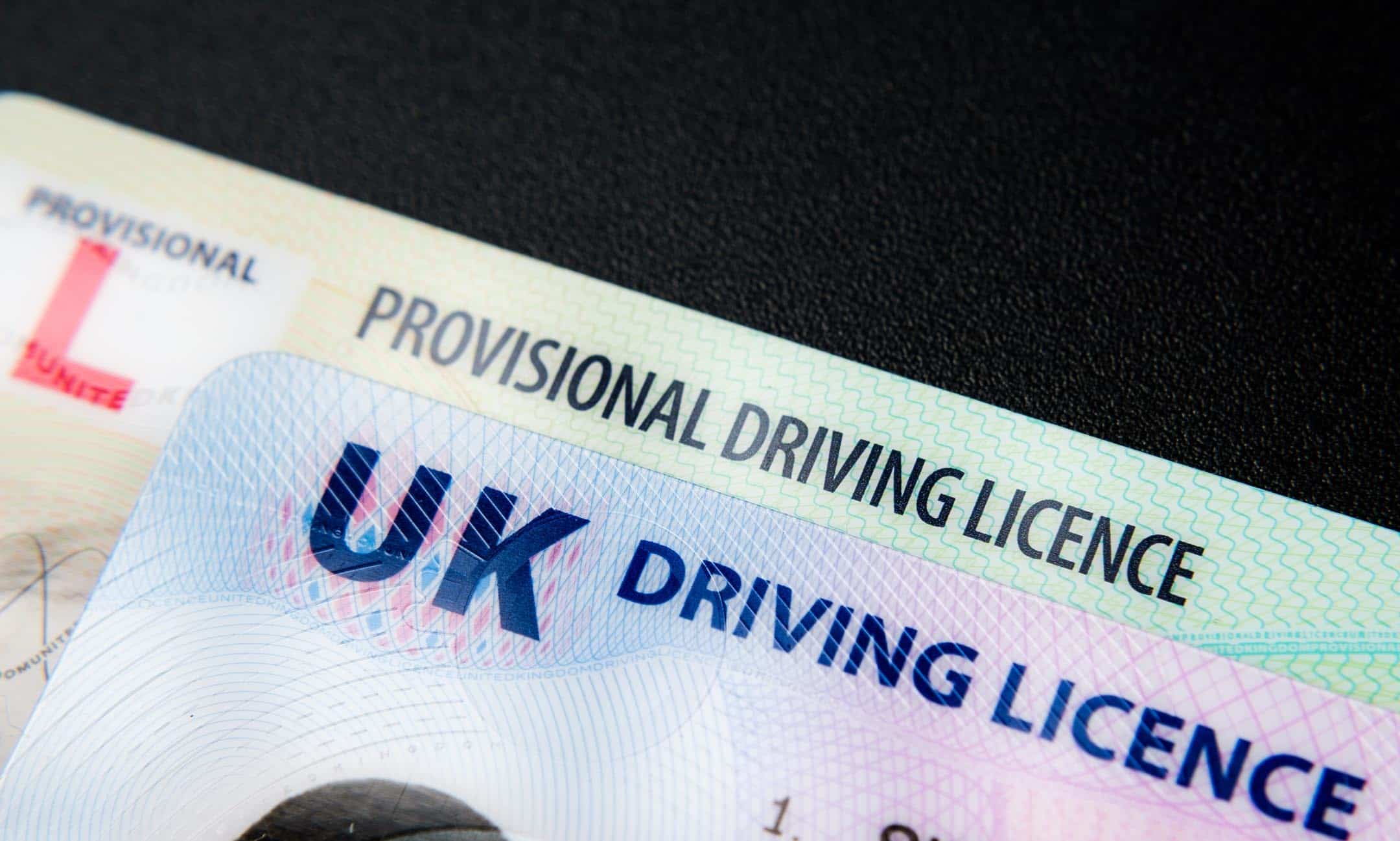
Cost of driving lessons
Once you’ve got your provisional licence sorted, it’s time to get behind the wheel and start driving lessons.
As a guide, according to the RAC a one-hour manual driving lesson costs £25–£30, while automatic lessons typically cost £35–£45. You’ll be able to save money with block bookings.
Wondering how much the total cost is to learn to drive? The amount will depend on your individual circumstances and how long it takes for you to learn and pass your test. When calculating your budget, be sure to include:
- Cost of lessons.
- Learner driver insurance for practicing in your parents’ car.
- Theory and practical driving test fees.
See full guide
Learning to drive isn’t just about lessons — there’s also private practice plus insurance, test fees, and a few other costs to think about. We’ve broken it all down so you know what to expect and how to budget for it.
See what it costs
Should I learn in a manual or an automatic?
When you pass a manual test, you get a full driving licence and can also drive an automatic, but if you pass in an automatic vehicle, you can only legally drive an automatic, and you’ll receive an automatic driving licence. If you want to upgrade to a manual driving licence, you’ll have to pass a driving test in a manual car.
Driving lessons in an automatic
With driving lessons in an automatic increasing and manual tuition declining, finding automatic lessons is no problem. All the large driving schools offer automatic cars, and many independent instructors are also switching to automatic.
Driving test in an automatic
The automatic driving test is exactly the same as for a manual car. The test route, examiner, and manoeuvres you’re required to perform are identical, and you will pass or fail on the same criteria.
You might expect the pass rate to be higher for automatics than manuals, but you’d be wrong. During 2022/2023, the average overall driving test pass rate was 48.6%. For automatics, it was 42.7%.
Automatic car insurance
Most experts agree that insuring an automatic is usually more expensive than a manual — though it’s not always easy to compare without digging into the small print.

Learning to drive with a disability
Can I learn to drive if I’m disabled?
In many cases, yes — but it depends on your individual situation. The best first step is to speak to your doctor and get advice from a Driving Mobility assessment centre.
Head over to the Driving Mobility website to learn how different conditions might affect your ability to learn to drive.
Driving lessons with a disability
All the big driving schools provide disabled driving lessons in adapted cars, as do many independent driving instructors.
Is the driving test different for disabled people?
As a young driver, despite any disabilities, you must pass the same theory and driving tests as all other learners to get your driving licence. However, the examiner can make adjustments to accommodate specific needs during the tests.
Choosing a driving instructor
Your first driving lesson can feel daunting. Choosing an instructor approved by the DVSA who suits your personality, is qualified, and has good experience is far more important than just picking the first one you find.
Try to find someone who makes you feel comfortable and who you’d be happy to spend a substantial amount of time sat alongside.
Once you’ve found the right fit, expect the instructor to do most of the driving at first. When it’s time for you to take a turn in the driving seat, you’ll usually be taken to a car park or quiet side street so that you can master the basics before tackling main roads.
The more time you spend on the road, the more your confidence will grow. Your instructor will then start to introduce you to manoeuvres like parallel parking and different road types.
The number of lessons you’ll need before passing your test will depend on your individual circumstances. The average learner needs around 45 hours of tuition, but there’s no legal minimum number of lessons that you need to have before taking your driving test.
How do I find a good driving instructor?
Ask friends who are also learning to drive if they’ve found an instructor they’d recommend — personal recommendations are often the most reliable.
If you are struggling to find an instructor you feel comfortable with, you try the DVSA database of approved driving instructors all you need is insert your postcode and you’ll get a list of qualified instructors local to you.
Want to know more?
Choosing the right driving instructor really matters. We’ll help you find an approved ADI, someone who suits your learning style, and walk you through what to expect in your first lesson.
Find your instructor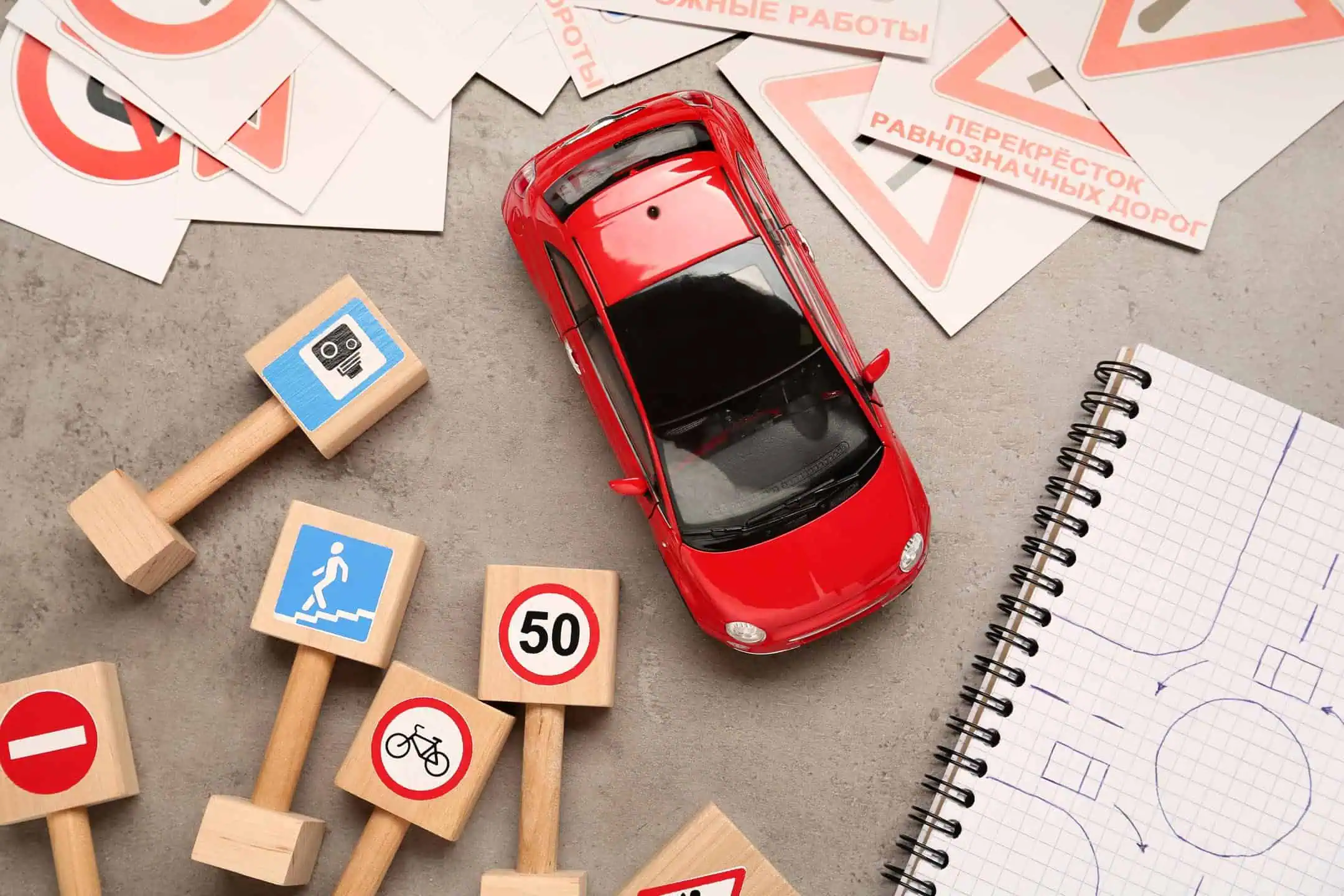
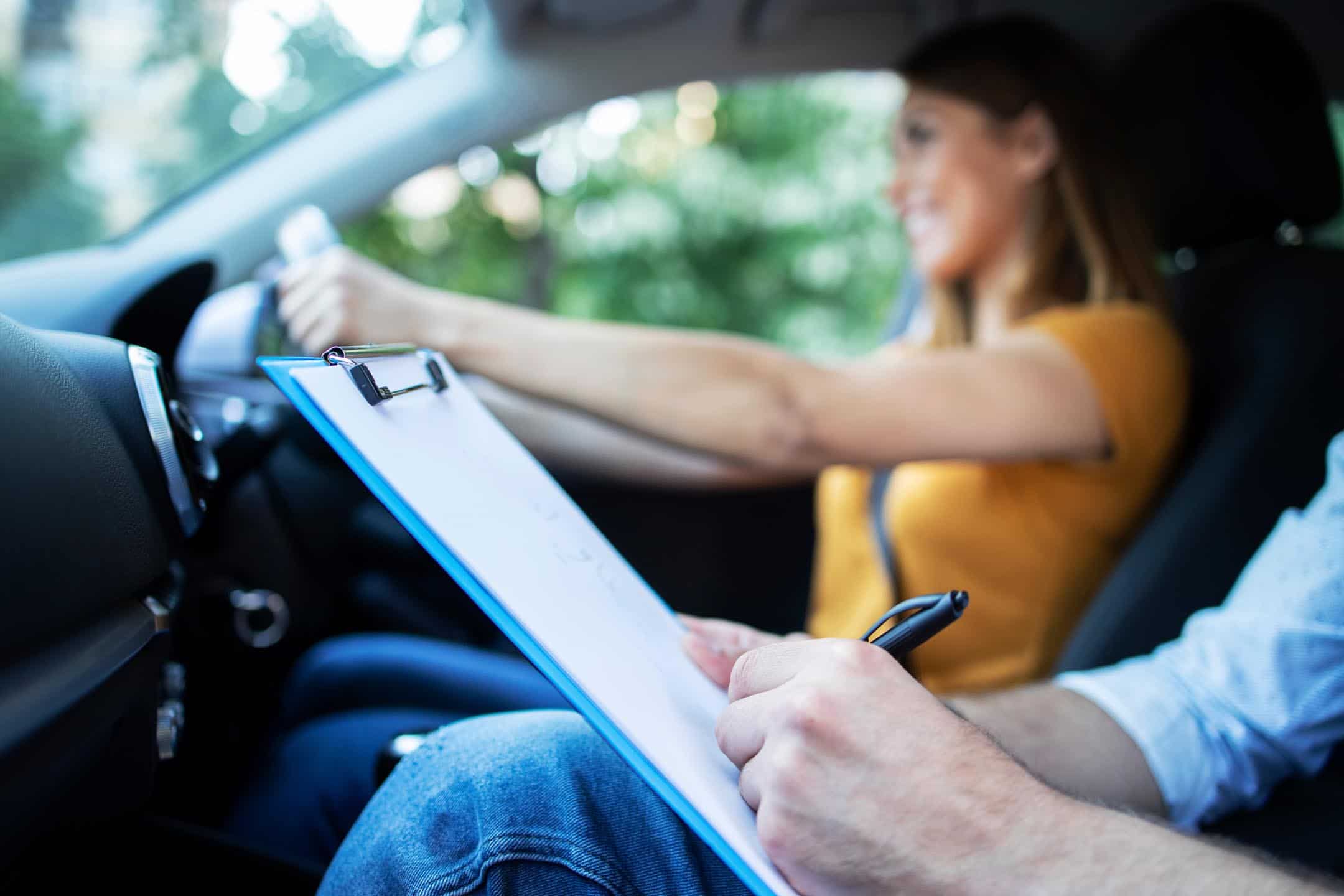
How many driving lessons do I need?
The DVSA suggests you take around 45 hours of driving lessons, plus about 20 hours of supervision from a parent or friend between lessons. With the extra practice, learners are more likely to pass on the first go.
You might be able to pass your test quicker than usual by cutting corners with less hours, but learning to drive is about building skills for life to drive safely and be independent, the test is part of that journey and should not be rushed.
Private practice with family or friends
If you’ve got access to a car and learner driver insurance, you can get in some extra practice with a friend or family member between lessons. The DVSA recommends around 22 hours of private practice on top of your professional lessons to help build confidence and experience.
However, not everyone can teach you to drive. A Supervisor must be over 21 and have held a full driving licence for at least 3 years. You’ll also likely want to choose someone who is calm and patient to help make the experience as stress-free as possible for both of you.
See full guide
Practising with family or friends can build your confidence between lessons — as long as it’s done safely and legally. We explain who can supervise you, what the car needs, and how to get the most out of it.
Practice with family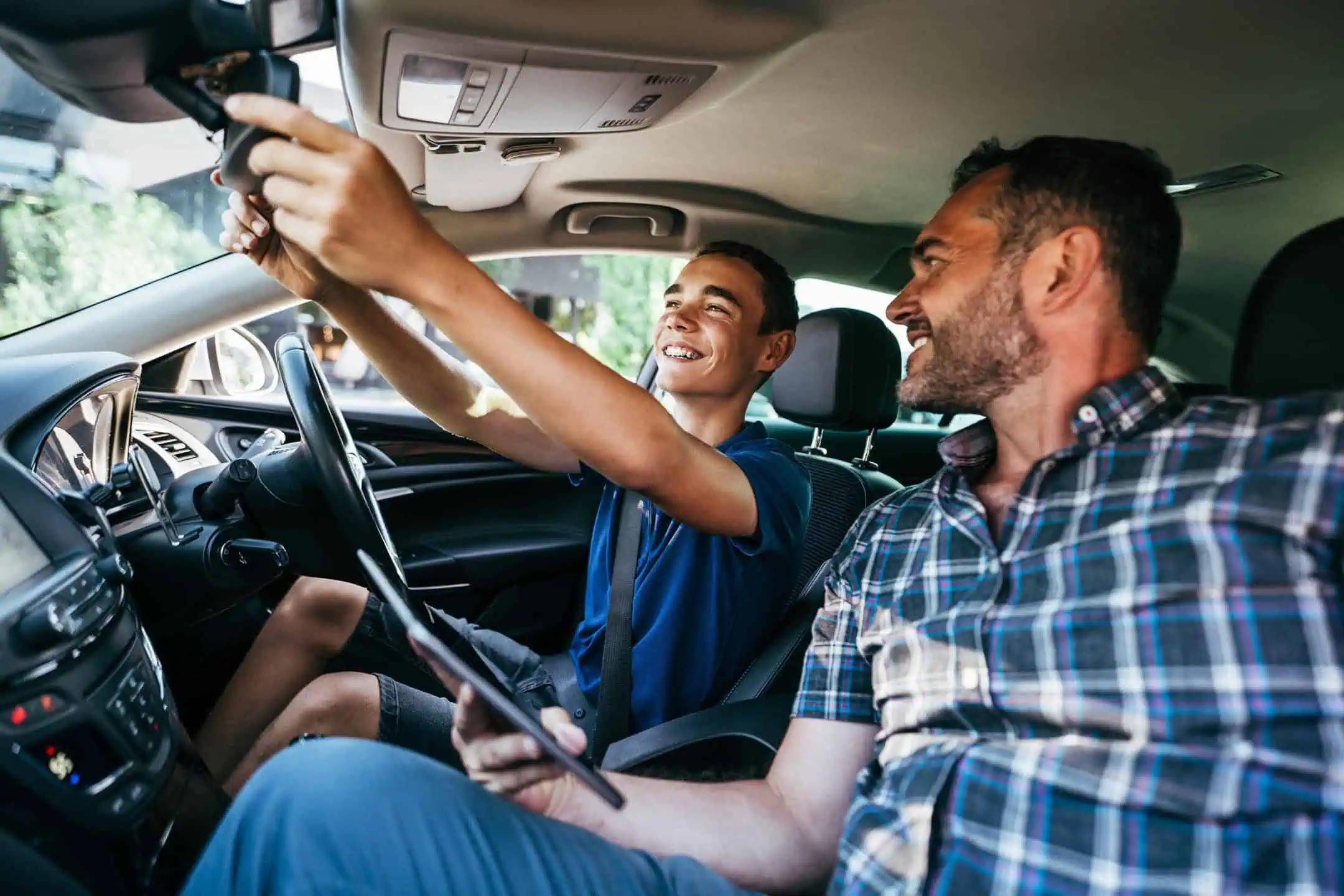

Learner driver insurance: What you need to know
If you want to practise outside of lessons, you’ll need learner driver insurance (sometimes called provisional insurance) to stay legal on the road. Unless the car owner’s policy already covers you as a learner, you’ll need your own cover before you can start practising.
Here’s how it works:
Why you need it
- You’re protected: Learner insurance covers you and the car during private practice.
- The risks are real: Driving without insurance can mean a £1,000 fine and 8 penalty points — and could wreck your chances of passing.
When you need it
Practising in your own car:
You’ll need a temporary learner driver insurance policy.
Practising in someone else’s car – two options:
- Getting added to the owner’s insurance
(but if you crash, their no-claims bonus could be at risk). - Take out your own learner driver insurance — this protects the owner’s no-claims bonus if anything goes wrong.
Driving lessons:
No stress — insurance is already included in your lesson fees with a qualified instructor.
Things to check
- Supervisor rules:
Your supervisor must be over 21 and have held a full licence for at least three years. (Some insurers may require supervisors to be 25+.) - Night-time driving:
Some learner policies restrict when you can drive — always check the small print. - Short-term cover:
If you only need cover for a few weeks or months, short-term learner policies are available.
How long you’ll need learner insurance
Most learners only need insurance for a few months — usually long enough to get some extra practice before the driving test.
If you’re borrowing a parent’s or friend’s car, a short-term learner policy (like 3 or 6 months) is often the easiest option.
If you’re practising in your own car, you’ll likely need 12-month learner insurance — but don’t worry: many insurers let you cancel or upgrade once you pass.
Need learner driver insurance?
We break down the two main options, what it costs, and how it works — whether you’re practising in your own car or someone else’s.
Learner driver insurance guideShould I take an intensive driving course?
Intensive driving courses allow you to fit all your lessons into a few days or weeks. Great if you’re trying to get your licence sorted before uni or a new job — but it’s not for everyone.
You’ll need to stay really focused, be ready to learn quickly, and in most cases, already have your theory test passed
Pros
- You can learn to drive and pass your test quickly, which is great if you’re on a deadline.
- Intense lessons mean fewer gaps, and you’re more likely to keep information in your head.
- Some include a driving test, so you get a quicker test date.
- Residential options could result in fewer distractions.
- You could save money if you pass the first time.
Cons:
- It can be stressful if you prefer learning at a slower pace.
- It’s easier to get caught out if you don’t know the roads.
- Might not include a driving test; check before booking
- Residential locations will cost more.
- If you don’t pass the first time, you could spend more than the traditional way.
See full guide
Thinking about an intensive course? We cover how they work, who they're best for, and what to watch out for if you're considering a fast-track to passing.
Intensive course guide
Revising for your theory test
You don’t need a provisional licence to start revising for your theory test. Do yourself a favour and get a head start on your revision.
We recommend you study your driving theory with these DVSA books: “Official Theory Test for Car Drivers” and the “Official Highway Code.” Studying these books thoroughly and doing practice questions will prepare you well for the theory test.
Add online practice tests to your study which include multiple-choice questions and hazard perception scenarios. The dynamic format of online tests helps to reinforce the information from the books and develop quick decision-making skills which are vital for the real test. This mix of traditional and digital will give you a solid learning experience and maximise your chances of passing.
Finally, Why not make a theory test plan like “Luca” did and improve your chances?
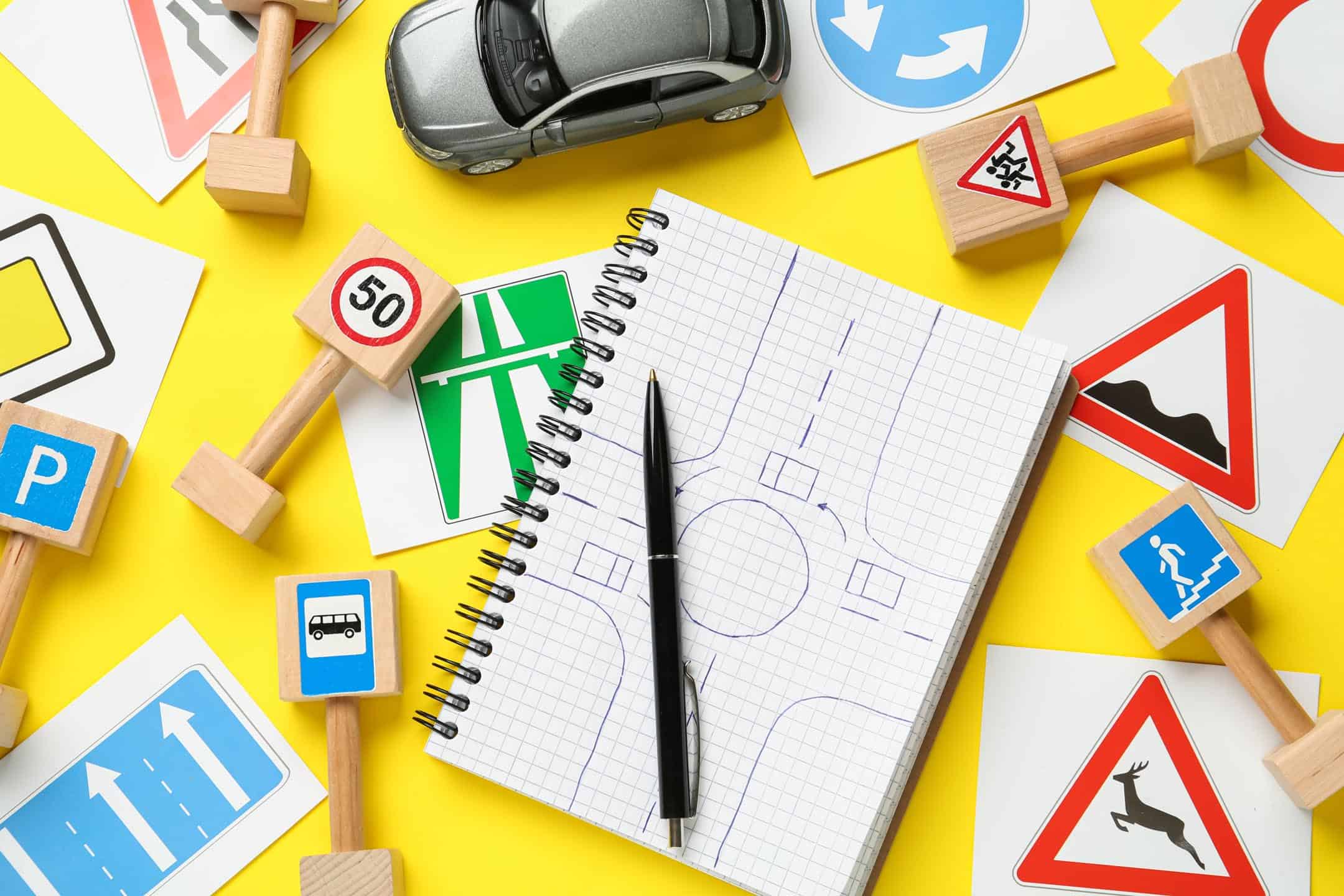

Taking your theory test: What to expect
You’ll need to pass your theory test before booking your driving test. It covers the rules of the road and helps you spot hazards and stay safe behind the wheel.
Booking and cost of the theory test
Theory test cost: £23 (same price weekdays, evenings, weekends).
You can book your theory test once you have a provisional driving licence. Don’t worry if you need to change the theory test date once you’ve booked you can head online to make it earlier, later, or at a different test centre.
What does the theory test comprise?
Read a full breakdown of the theory test and what to expect on the day.
Two parts to the theory test:
- Multiple-choice: 50 questions in 57 minutes (you’ll need to answer 43 correctly to pass).
- Hazard perception: 14 video clips. s, each about a minute long. There are 75 points available, and the pass mark is 44.
Pass mark:
- 43 out of 50 for multiple choice.
- 44 out of 75 for hazard perception
Once you’ve passed, your certificate will be valid for two years.
Want to know more?
Not sure what to expect on the day of your theory test? We walk you through exactly what happens — from arrival, the tests, to results — so you can head in feeling calm and confident.
On the day: theory testHow to book your driving test
The driving test costs £62 for weekdays and £75 for evenings and weekends.
Once you’ve completed your theory test, your driving instructor will likely let you know when you should book the driving test.
How long is the wait for the driving test?
As of April 2025, the average wait for a driving test is around 20 weeks which for many learner drivers could fit in well with their learning schedule but don’t forget! You can’t book your practical test until you’ve passed your theory.
Passing your theory test early gives you a head start on booking — and here’s why that matters:
- High demand. Loads of people are learning to drive at the same time.
- Limited slots. There aren’t enough examiners or test centres to match the demand.
- Delays build up. Especially during busy times like summer or just before uni.
The sooner you pass your theory, the sooner you can secure a practical test slot and get your full licence.
Want an earlier test date?
If you’re hoping to take your test sooner, there are a couple of ways to try and grab an earlier slot:
- Log in and check the Gov.UK site regularly. You must be signed into your account to search for cancellation appointments. There’s no alert system, so for a realistic chance, you’ll probably need to check daily.
- Use a Cancellation Checker. Some third-party services will notify you when earlier dates pop up. These can be really helpful, just make sure to avoid the scammy ones charging ridiculous fees or claiming to sell you the test. The better services don’t sell tests — they simply alert you when a slot becomes available.
See full guide
Booking your driving test isn’t just about picking a date. We explain how to book through Gov. UK, what you’ll need, and how to avoid long waits or dodgy sites.
How to book your driving test

Taking your driving test: Step by step
Getting a good idea of what to expect on driving test day can also help combat any anxiety. Take time to understand what will happen before you get in the car, the questions you might be asked, and the manoeuvres that will be assessed. Check out our top tips for passing your driving test to learn more.
The driving test lasts 40 minutes, has five parts, and is the same for manual and automatic
- Eyesight check.
- Show me, tell me vehicle safety questions.
- General driving ability.
- Reversing.
- Independent driving.
How many minors and majors can I get and still pass?
To pass your driving test, you needed to make:
- No more than 15 driving faults (sometimes called ‘minors’).
- no serious or dangerous faults (sometimes called ‘majors’).
Want to know more?
Your driving test day can feel like a big deal — but knowing what to expect makes all the difference. We break down how the test works, what the examiner looks for, and how to stay calm behind the wheel.
Your test day guideHow to cope with driving test nerves
Being nervous on your driving test isn’t entirely negative. Nervousness can actually sharpen your focus and enhance alertness by fuelling your adrenaline.
You are not alone, according to the AA, 87% of people said they had nerves on the day of their test. There is loads you can do to help push back those test day nerves.
See full guide
Feeling nervous about your driving test? You’re not alone. We share simple tips to help you stay calm, focused, and confident before and during your test.
Driving test nerves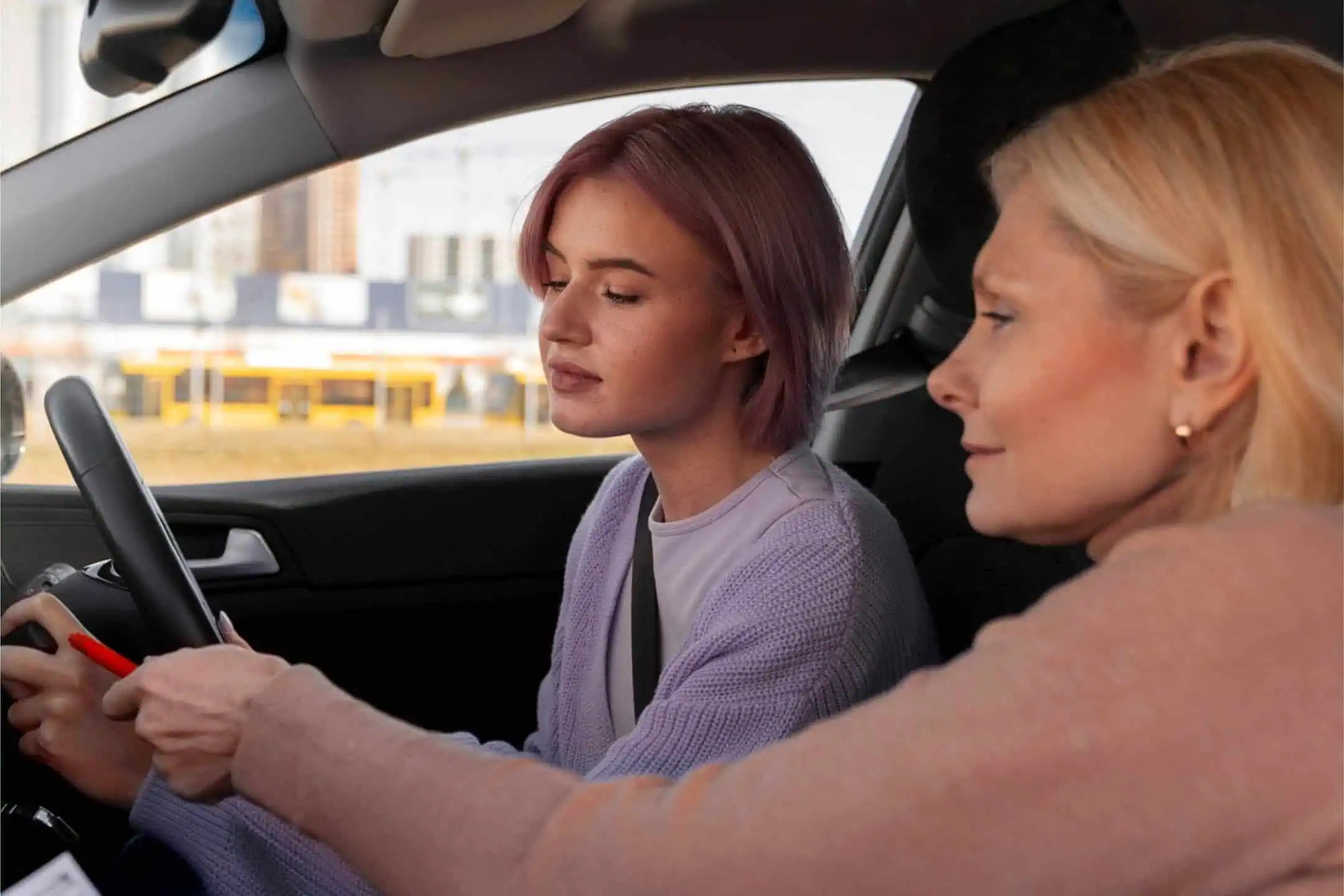
After you pass
If you fail
Don’t get too upset if you don’t pass. The test has a higher failure rate than pass rate on the first attempt. You’ll only have to wait 10 days before you can rebook your driving test, and there is no limit to the number of times you can pass.
If you do pass
Congratulations! and you can now legally drive on the road.
Do you need to buy a car, or do you already have one? You’ll need young driver car insurance, with or without a black box.
Of course, if you’re planning to borrow your mum or dad’s car, there are two main insurance options to consider. You can either be added to your parents’ insurance policy or opt for named driver insurance. With named driver insurance, you can drive confidently knowing that if you do have an accident, the car owner’s no-claims bonus will not be affected.
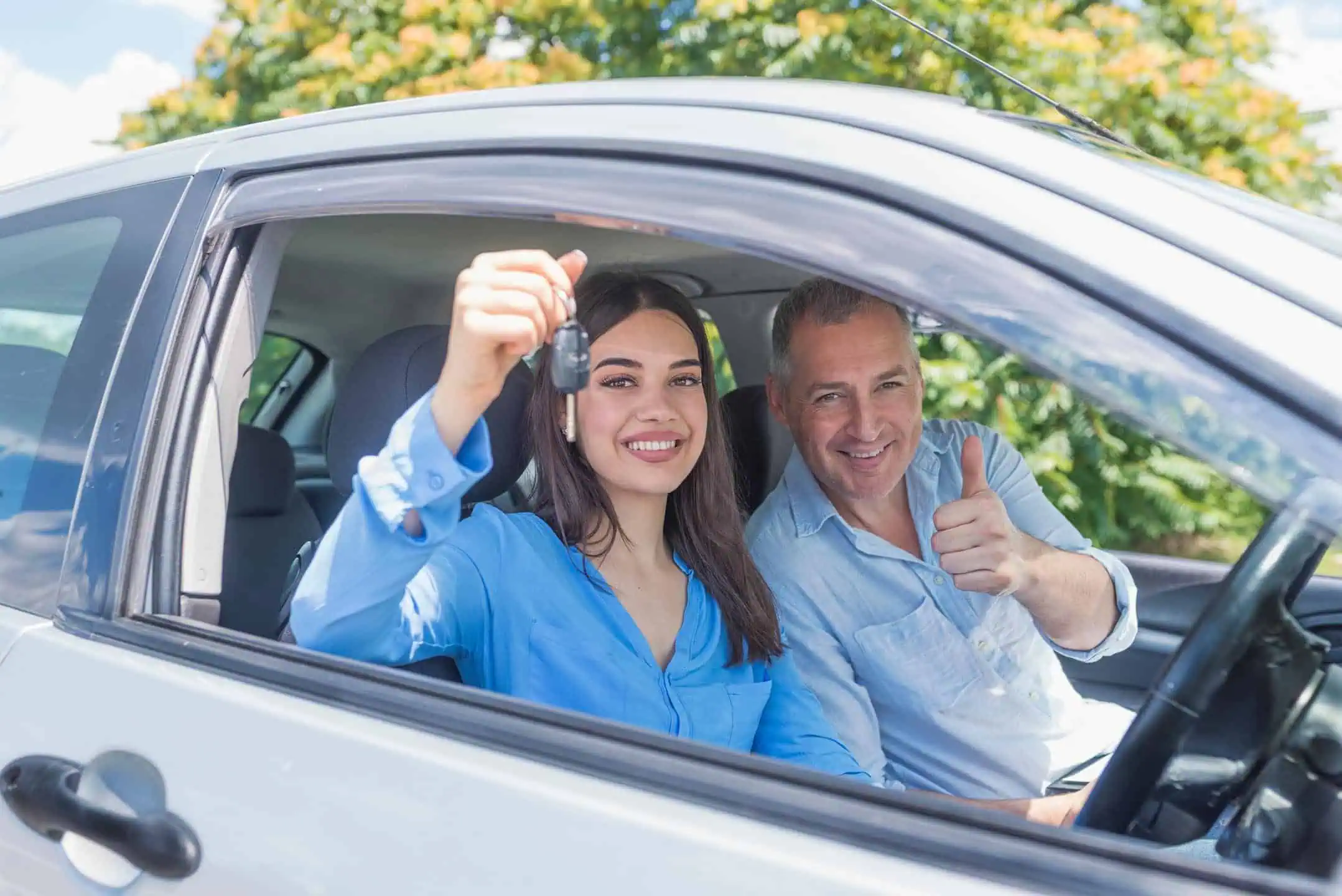
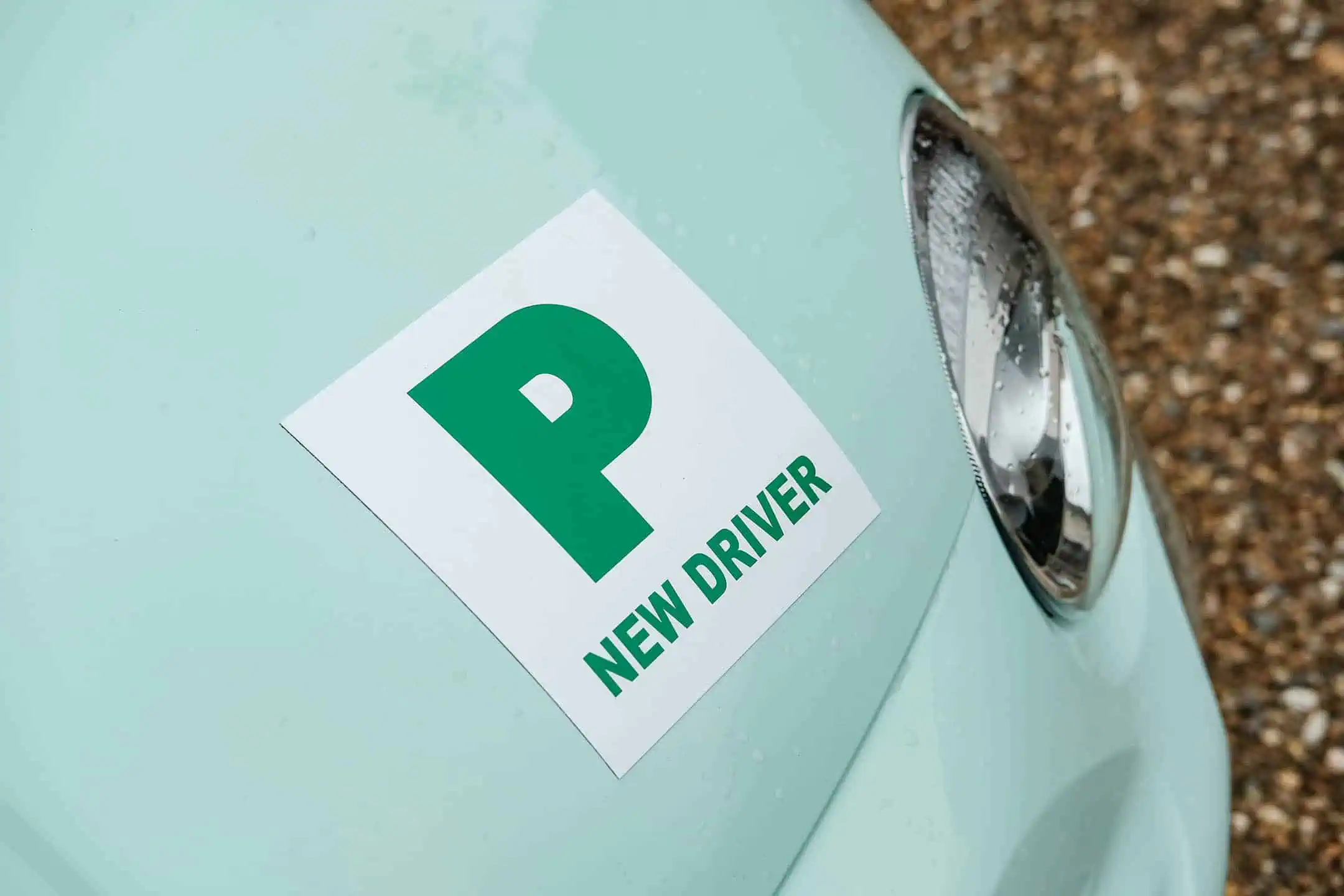
P plates
Once on the road, many newly qualified drivers feel more comfortable displaying P plates. These aren’t a legal requirement, but they let other drivers know that you’ve only recently passed your test, so they should keep their distance and be a little more patient.
Want to know more?
Passed your test? P plates can help you ease into solo driving by letting other road users know you’re still gaining experience. We explain how they work and whether they’re right for you.
P plates explainedPass Plus
If you’re keen to build your skills and confidence, you might also want to take a Pass Plus course. This practical driving course gives you more experience driving in different locations, in different weather conditions, at night and on the motorway.
See full guide
Just passed your test? Pass Plus is an optional course that can boost your skills and confidence — and might even save you money on insurance. We cover what it involves and whether it’s worth it.
Pass Plus guide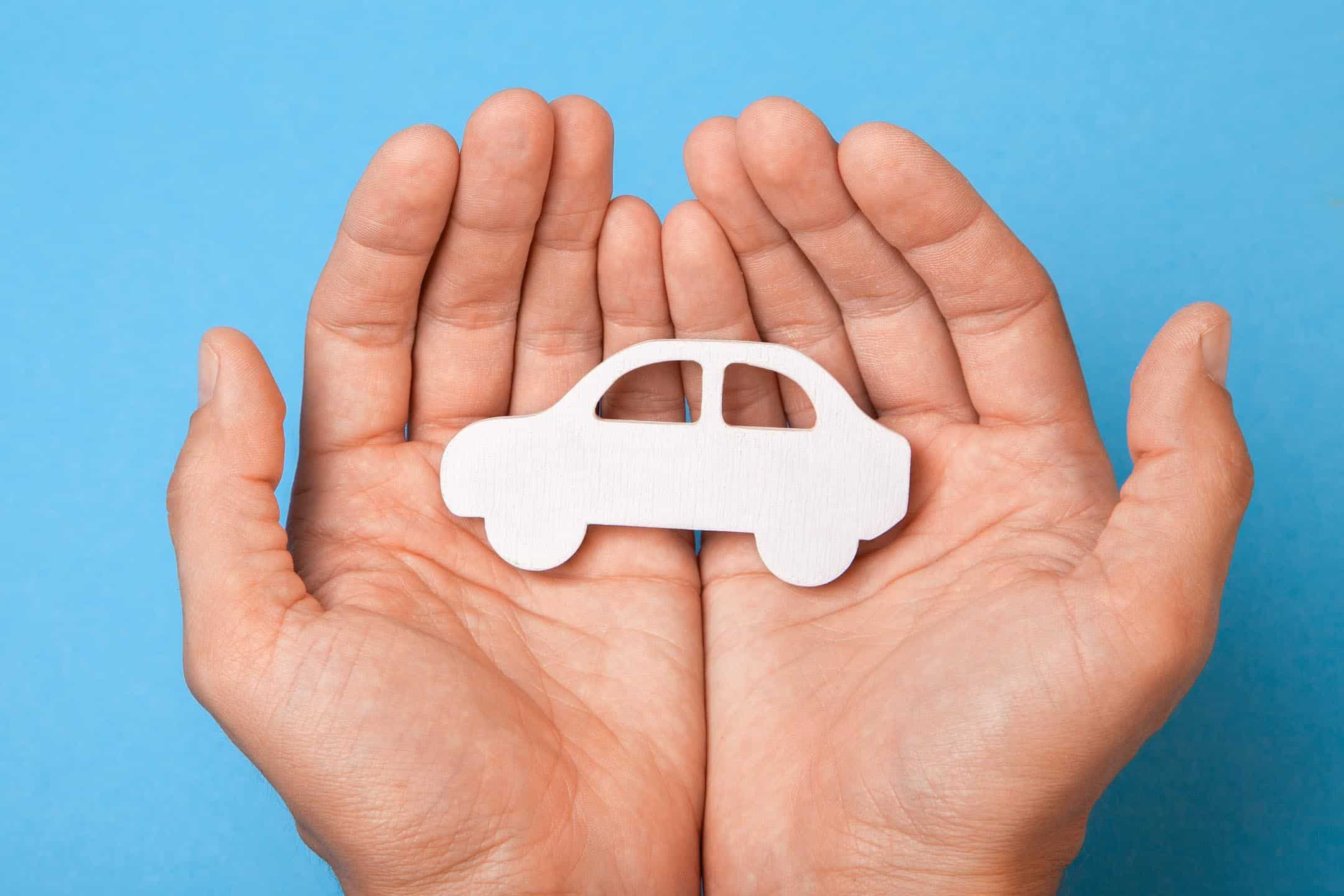
You’re on the road now
Learning to drive takes time, but you’ve already made a great start by getting clued up.
When you’re ready, dive into any topic for more tips — and remember, passing your test is just the beginning of your driving journey.
What are the top FAQs searched by learner drivers
NOTE THIS SECTION IS BROKEN UNTIL FINAL ASSET CONFIRMED
See at a glance all the top FAQs searched by Learner Drivers?
View top FAQs
